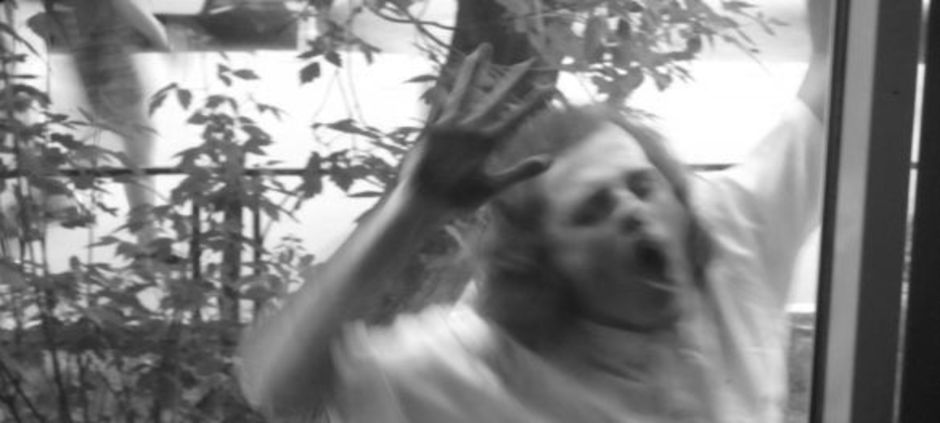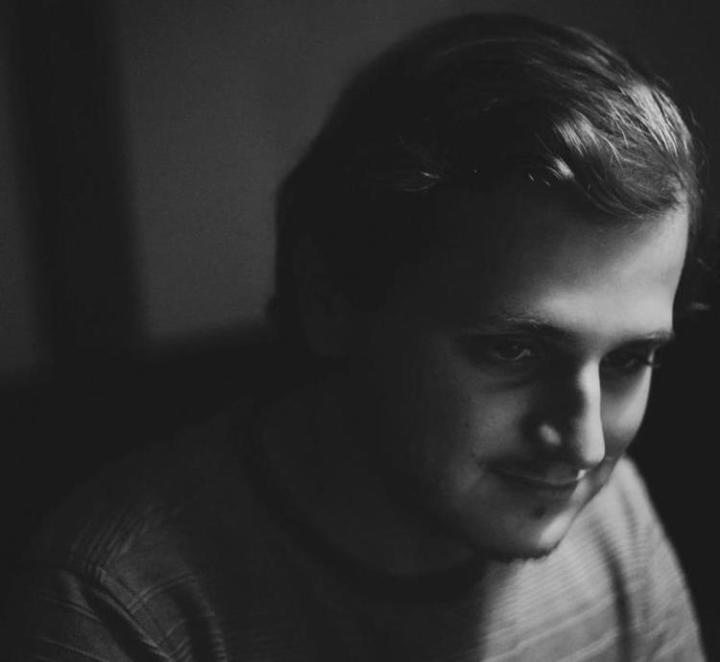Co-Production with International Memorial Moscow and Joseph Beuys Theatre Moscow
Author Nikolai Berman
The original goal of the project was to tell about the using of punitive psychiatry in the Soviet Union. However, in the issue the performance has only one hero – Petr Chaadayev, the first one and the greatest of all the Russian dissidents which were acclaimed to be mad by the government. After publishing his famous article “Philosophical letters” in 1836, he was declared insane and put under the house arrest. But it didn’t prevent him from writing one more text, even more revelatory for the most “patriotic” circle of Russian society and the state itself – “Apology of a Madman”. In the solo performance of a director and theatre critic Nikolay Berman, the story of a philosopher-madman is born from the newsreel of the messages containing the cases of the punitive psychiatry from different époques, up to nowadays.
Chaadayev comes face to face with the contemporary spectators, telling his story and sharing with them his ideas – and finally they cannot understand, if he lived 180 years ago or lives today, was he a rebelling member of the intelligentsia or a genuine insane. “Apology of a Madman” is combined with the extracts from different Russian and Soviet texts, and the different centuries are merged all together.
The performance of Nikolay Berman is based on the provocative interaction with the spectators. He speaks eye to eye with some of them, throws the apples in to the face of the audience, direct the flashlight straight to the eyes of the spectators, making them the co-participants of the show.
The project was created during the director laboratory “The Drama of Memory” which took place in June 2012 in the International Historical Human Rights and Humanitarian Society “Memorial”, one of the leading Russian human rights organizations. Organized by the Joseph Beuys Theatre and the curators Alexandra Polivanova, Pavel Rudnev and Georg Genoux.
John Freedman in “The Moscow Times” about “I, Chaadayev”
19 May 2013
Russia’s First Political Madman Comes to Life Again
Of the lesser-known great figures of Russian letters Pyotr Chaadayev surely is one of the finest and most interesting.
Chaadayev was a veteran of the war against Napoleon, a society lion who hobnobbed with royalty, and a dandy, whom Pushkin suggested in “Eugene Onegin” was superior to Onegin. He was a clear thinker, a brilliant writer and a tragic figure.
A progressive with ties to the Decembrist revolutionary group, he has been labeled variously as a liberal and a conservative. He is known as a Westerner, a Slavophile and a Christian philosopher. However he is defined, his ideas were controversial when he recorded them in his famous “Philosophical Letters” and they remain so today.
Consider this brief excerpt from his first “Letter”: Why “did the Russian people succumb to slavery only after becoming Christian, specifically I mean during the reign of Godunov and Shuisky? Let the Orthodox Church explain that phenomenon. Let it say why it did not raise its maternal voice against this horrible violence that one part of a people holds over another.”
I chose these phrases nearly at random. As I scrolled down the text published on the internet, it leaped out at me as if it were written about events taking place today. I can imagine supporters of the Pussy Riot group, currently jailed on charges of insulting the Orthodox Church, taking these words to heart.
What is not random is my bringing Chaadayev and Pussy Riot together. Both ran afoul of suspicious government leaders, both were detained and deprived of their freedom. The members of Pussy Riot were sent to prison; Chaadayev was committed to an insane asylum immediately following the publication in 1836 of his first “Letter,” thus making history as the first Russian to be declared insane for political reasons.
In short, Chaadayev’s battles with a government machine that interpreted his ideas and beliefs as hostile and dangerous, is very much a template for contemporaries who stand in disagreement with the current Russian state.
It is not surprising, then, that Chaadayev and his writings emerged as the focal point of the latest Drama of Memory project to be mounted by the Memorial Society and Georg Genoux’s Joseph Beuys Theater, which, although declared closed some time ago, still continues to have a limited presence in Moscow.
Conceived, directed and acted by the young critic Nikolai Berman, “I, Chaadayev” is an intimate performance piece. It draws in a plethora of texts aside from Chaadayev’s “Letters,” including fragments of novels by Viktor Pelevin, snippets of Venedikt Yerofeyev’s classic Soviet-era novella “Moscow-Petushki,” and various radio and television reports.
Berman wanders among the spectators, who stand at random in an empty room, and appeals to them directly and personally. “What is your name?” he asked me before launching into a long description of the humiliations and frustrations “we Russians” eternally suffer. I, like others around me, shook my head in rather solemn agreement.
On occasion Berman rewards spectators for listening to him by handing them cookies. He transforms Chaadayev’s words into introspective monologues, suggesting he is ready to commit suicide by stepping off a ceiling-high platform. Some speeches he delivers as exhortations through a fuzzy, overloaded amplification system, while at other times he takes on the role of a professor lecturing us on the influence of the murderous Ivan the Terrible on the Russian arts.
Each spectator will make what he or she will of this performance. What seemed most important to me about it is that it spotlights the genetic similarities of Russian outsiders from 1830 to the present. Vastly different worlds, astonishingly similar problems.
Of everything I saw I was most impressed with the finale of “I, Chaadayev,” where Berman abandoned the spectators, leaving us feeling trapped inside the performance hall. Moments later, he appeared outside, sliding slowly along the glass of two large window panes. This was clearly an image of incarceration, yet, paradoxically, it was one of freedom as well. Just behind the man playing the committed madman, individuals knowing nothing of what was transpiring passed by freely on the street.
Read more: http://www.themoscowtimes.com//article/russias-first-political-madman-comes-to-life-again/480129.html#ixzz2m3HgCx6V
The Moscow Times




